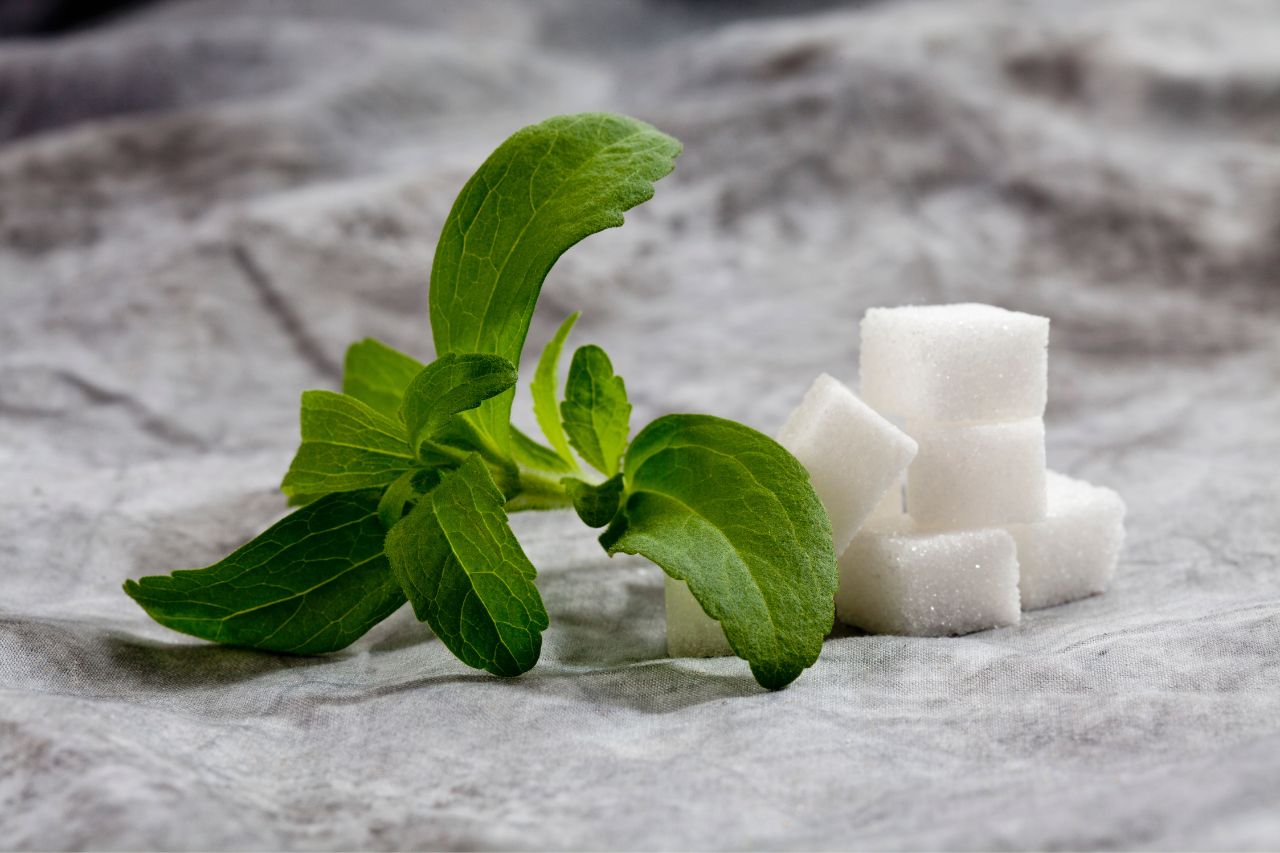Does Sugar Feed Cancer?

There is no clear evidence that sugar consumption directly feeds cancer cells over other cells. Every cell in our bodies, including cancer cells, uses sugar (glucose) from our bloodstream for fuel. More specific details will be covered below.
The Relationship Between Sugar and Cancer Cells
While all cells use sugar for fuel, cancer cells have a faster process for metabolizing glucose and use about 200 times more than normal cells. That means they need a lot of glucose, but they also need lots of other nutrients, like amino acids and fats. In short, it’s not just sugar that they crave.
This is how the myth that sugar fuels cancer was born: if cancer cells need lots of glucose to grow, then cutting sugar out of our diet must help stop cancer’s growth and could even stop it from developing in the first place. Unfortunately, it’s not that simple. Our healthy cells need glucose, too, and there’s no way of telling our bodies to let healthy cells have glucose and not the cancer cells. Other sources of glucose include healthy carbs like vegetables, fruits, and whole grains.
Does Sugar Cause Cancer?
Just as there is no direct evidence that sugar feeds cancer cells, there’s also no direct evidence that sugar causes cancer. The connection between sugar and cancer is more indirect in that eating a lot of high-sugar foods leads to excess body fat, which can put you at risk for cancer. In fact, after not smoking, maintaining a healthy body weight is the most important thing you can do to prevent cancer. Excess body fat has been linked to 13 types of cancer:
- Brain (meningioma)
- Breast (postmenopausal)
- Colon and rectum
- Esophagus
- Gallbladder
- Liver
- Kidney
- Multiple myeloma
- Ovarian
- Pancreatic
- Stomach
- Thyroid
- Uterus
Is Sugar Bad for Cancer Patients?
For people with cancer, sugar will not feed or cause it to spread. While it’s not necessary to avoid sugar altogether, reducing added sugars and consuming nutrient-dense, high-fiber carbohydrates may be the most effective. These types of foods can help strengthen your body during cancer treatment.
What Types of Sugar Are Linked to Cancer?
No sugar is directly linked to cancer, but certain types are more likely to lead to obesity, which can increase your risk for cancer. According to the American Heart Association, the recommended amount of sugar consumption per day is six teaspoons (25 grams) for women and nine teaspoons (36 grams) for men.
Simple Sugars and Refined Grains
Simple sugars and refined grains are low-quality carbohydrates that can lead to excess weight and provide little nutritional value. Examples include:
- Candy
- Cakes
- Cookies
- Pies
- Baked goods
- White bread
- Refined pasta
- White rice
Added Sugar
Products with added sugars are more likely to lead to weight gain and obesity and provide little nutritional value. Examples include:
- Soda
- Sports drinks
- Sugar-sweetened juices
- Pasta sauce
- Salad dressings
Hidden sugars
When you’re looking at nutritional labels, make sure to look for hidden sugars because they’re not always listed as “sugar” and will often be disguised with alternate names. Some of these names include:
- Fructose
- Sucrose
- Dextrose
- Maltose
- Galactose
Artificial Sweeteners
Artificial sweeteners are often used to sweeten beverages. Studies done with lab animals have shown links between artificial sweeteners and cancer, though there’s no definitive proof that artificial sweeteners cause cancer. For these reasons, it’s generally recommended to avoid artificial sweeteners. Examples of artificial sweeteners and the products they’re in include:
- Acesulfame potassium (Sunett, Sweet One)
- Aspartame (NutraSweet, Equal)
- Neotame (No name brands linked)
- Saccharin (Sweet ‘N Low)
- Sucralose (Splenda)
- Stevia (Stevia, Truvia, PureVia)
Can Sugar and Cancer Coexist?
Healthy sugar is necessary for a healthy diet, both to fight cancer and build strength during cancer treatment. Examples of healthy sugars and carbohydrates include:
- Fruits
- Vegetables
- Whole grains
These natural sugars and carbohydrates are rich in vitamins, minerals, antioxidants, phytochemicals, and fiber that are beneficial to your overall health.
Learn More About the Connection Between Cancer and Sugar with Baptist Health
Overall, try to avoid sugary drinks, refined grains, and focus on foods that contain naturally-occurring sugars.
Learn more about the cancer services we offer at Baptist Health.
Sources:
The University of Texas MD Anderson Center
WebMD
American Institute of Cancer Research
Dana-Farber Institute
Cancer Research UK



